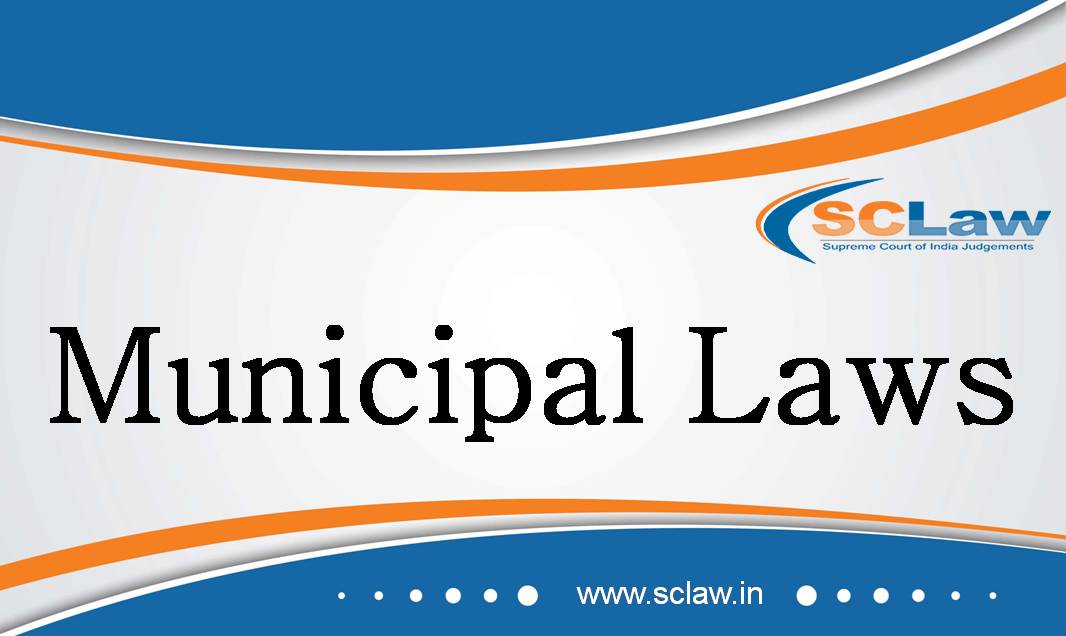Christian Law—Adoption—In Christian personal laws, there is no prohibition against adoption by couple even if they have natural born child
2019(3} Law Herald (SC) 2073 : 2019 LawHerald.Org 1259 : (2019) 5 MLJ 551 : (2019) 3 RCR(Civil) 574 : (2019) 8 SCALE 588 IN THE SUPREME COURT OF INDIA…







